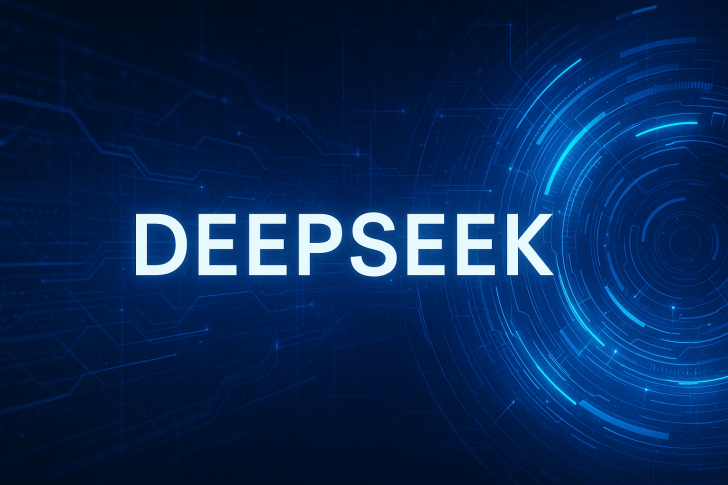Something remarkable is happening in AI data processing. Recent findings reveal that a team successfully extracted datasets from over 500,000 AI research papers on arXiv using DeepSeek OCR—spending only $1,000. The announcement caught the attention of the research community, signaling a dramatic shift toward affordable, large-scale data extraction.
DeepSeek OCR Sets a New Benchmark
The numbers tell an impressive story, according to alphaXiv researcher. The same operation using Mistral OCR would have cost roughly $7,500, meaning DeepSeek delivered sevenfold cost efficiency.
This project tackled an enormous corpus of academic papers, pulling out every dataset, chart, and table reference, proving that OCR-driven data mining now scales to millions of documents without breaking budgets. OCR technology converts visual elements like tables, figures, and formulas into structured data that machines can read. For AI research, this is essential: tracking benchmarks, uncovering hidden datasets, and analyzing trends across thousands of papers becomes possible.
Why This Matters
DeepSeek OCR's achievement could reshape scientific data analysis. Small research labs and independent developers can now perform large-scale literature analysis without massive budgets. Automated dataset extraction reduces research time from weeks to hours, enabling real-time monitoring of AI benchmarks and model progress across fields like natural language processing, robotics, and computer vision. As one observer noted, you can now extract every dataset from half a million papers for less than the price of a laptop. This isn't just cost savings—it's a fundamental shift in how knowledge is mined.
The New Efficiency Race
DeepSeek and Mistral have both emerged as major players in open AI infrastructure. However, DeepSeek's OCR performance suggests we're entering an era where cost-optimized research tooling matters as much as raw accuracy. Performance per dollar is becoming a critical metric. This advantage democratizes access to structured scientific data, empowering researchers, startups, and open-source projects to compete with well-funded institutions.
 Peter Smith
Peter Smith

 Peter Smith
Peter Smith


